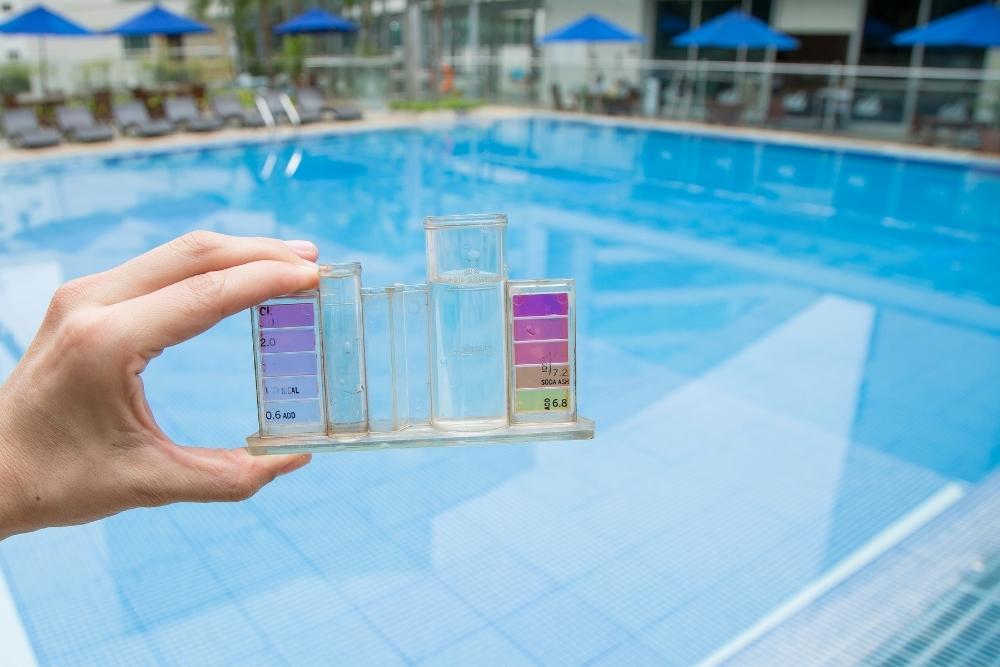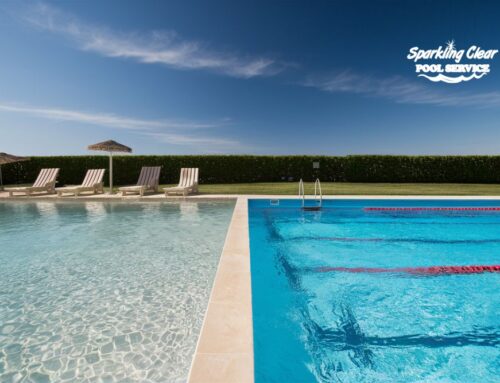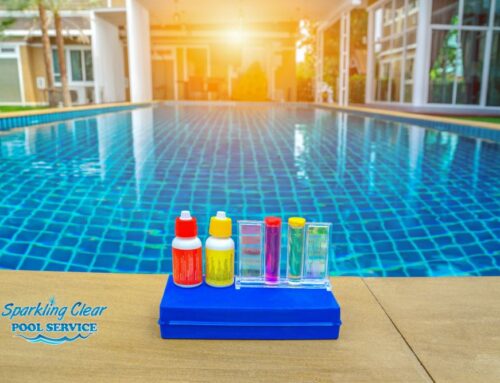Measuring the pH or potential of hydrogen is complex, but pH is generally used to measure a liquid solution’s acidity or baseness. Pure water is considered neutral with a pH of 7. pH levels from 0 to 7 are acidic, while pH above 7 is basic. Both excessively high or low pH can be corrosive. This article discusses the perils of not having a neutral pool pH balance.
Measuring the Pool pH
There are numerous methods to check your pool pH balance. These include simple test strips that you dip in the water to complicated tests that use wet or dry reagents. A reagent should be used in precise amounts to test the pool pH. They can also check for other chemicals essential to your pool’s water balance.
On the other hand, test strips easily measure pH and chlorine levels. However, they are not the most accurate testing method. The best way to check the pH balance of your pool water is to let the professionals analyze it.
What Causes High pH in a Pool?
- Adding too much chlorine stabilizer
- A sudden spike in the pool water temperature
- An unexpected heatwave for pools exposed to direct sunlight
- If your saltwater chlorine generator settings are too high
What Problems Are Caused by High pH in a Swimming Pool?
- Skin irritation, dryness, and red eyes
- Damage to your swim gear like swim caps and goggles.
- Prevent the chlorine in your pool from properly functioning, leading you to need to add more chlorine to get the same results and waste money.
- Soft water can cause the pool water calcium to combine with carbonates and develop ugly scales around the pool edge, which can trap dust and dirt and make your pool look dirty.
- Calcium carbonate scales formed from soft water can also combine with sand which can clog your sand filter, which professionals can only clean.
Low pH in a Swimming Pool
Like high pH, low swimming pool pH balance can also cause high pool water acidity. This can lead to problems such as:
- High pool water acidity can adversely affect swimmers.
- Water acidity can corrode metal pool fixtures, like handrails and ladders, to the point that they need to be replaced.
- Corrosion from pool water acidity causes rust which can result in discoloration in the areas surrounding the rusted surfaces.
- Low pool pH can also gradually eat away at the pool grout and plaster.
- Pool water acidity can also cause discoloration in pool accessories, such as floating toys and pool noodles, and damage to swimming gear like swimsuits, goggles, and swim caps.
- Low pH can raise the chlorine amount needed in your water because the pool water acidity will lead to the chlorine dissipating faster.
Causes of Low Pool Water pH
Some causes of low pool water pH include:
- Water from acid rain (caused by environmental factors) falling into your pool
- Low total pool water alkalinity
Maintaining your pool water pH balance can ensure that your pool equipment and fixtures function properly and last longer. It can also ensure that your pool water is safe and comfortable for swimming.
Controlling pH and maintaining balance typically means handling numerous different chemicals. A professional pool maintenance company best does this. Contact our pool techs at Sparkling Clear Pools to get the best pool cleaning services in McKinsey, TX.






